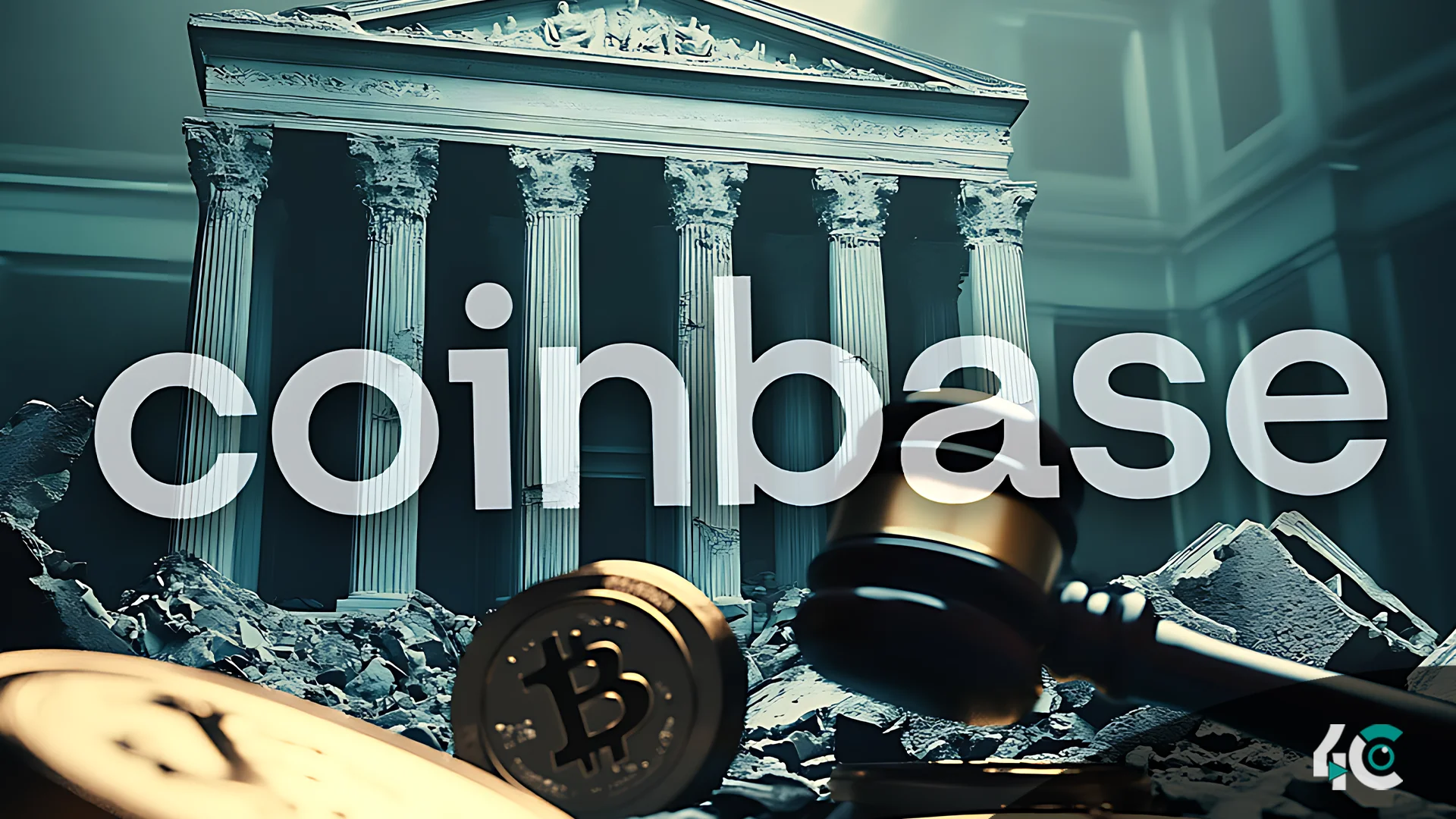Coinbase, leading an ongoing legal dispute, accuses the Federal Deposit Insurance Corporation (FDIC) of concealing crucial information. The cryptocurrency exchange asserts that by restricting the scope of its search for documents pertaining to regulatory actions against crypto businesses, the government has engaged in obstruction.
The FDIC’s “pause letters” to banking firms are at the center of the controversy. Reports suggest that these letters urged banks to halt crypto-related services pending further regulatory investigation. Coinbase claims that by refusing more extensive requests and possibly hiding other records, the FDIC only selectively released a portion of these letters.
In a statement, Coinbase’s Chief Legal Officer Paul Grewal expressed his worries and charged that the FDIC was engaging in “word games” to evade adhering to court-mandated transparency. The government restricted its search to a specific time period and declined to broaden its examination, despite Grewal’s suggestion that there are probably more pause letters than those found in a previous report. Grewal stated that the FDIC estimated that conducting a more comprehensive search would require more than a year.
Whistleblower allegations that the FDIC routinely blocks Freedom of Information Act (FOIA) requests have surfaced, further escalating the controversy. According to these allegations, inappropriate behaviors include mislabeling documents and evading searches in important databases. Some even assert that investigators misused taxpayer funds to probe Grewal and other individuals.
The matter has drawn the attention of lawmakers. The FDIC has come under fire from Senator Cynthia Lummis, who claims the agency is trying to hide what is known as “Operation Chokepoint 2.0,” a purported effort to prevent cryptocurrency startups from using banking services. Lummis called for the prompt preservation of all materials pertaining to digital assets and issued a warning about the possibility of document destruction within the agency.
Notwithstanding the difficulties, Coinbase is unwavering. In order to address the FDIC’s alleged infractions and to fully expose its role in stifling cryptocurrency innovation, the exchange intends to broaden the scope of its legal activities. Grewal said, “We’re not going anywhere,” underscoring Coinbase’s resolve to hold the organization responsible. Our lawyers aren’t either.
The case highlights the need for accountability and transparency in the quickly changing financial landscape and illuminates the larger conflicts between the bitcoin business and regulatory agencies.



































